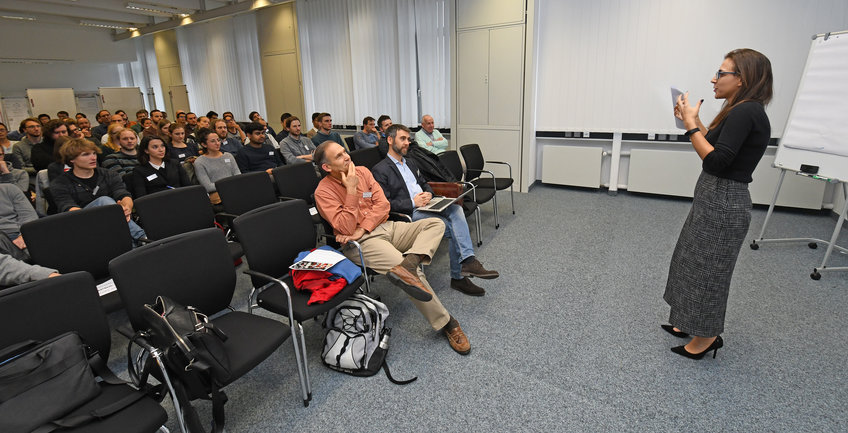
Colloquia
The MPQ Colloquium is held on Tuesdays at 2:30 pm.
The MCQST Colloquium takes place on Tuesdays at 2:00 pm.
The talks will take place in Herbert Walther Lecture Hall. Details on how to participate online are distributed via the mailing lists [wiss-mpq] and [Mpq-colloquium-stream]. To receive this information, please register using the attached link.
Scientific organization of the talks: Dr. Stephan Dürr and Prof. Thomas Udem